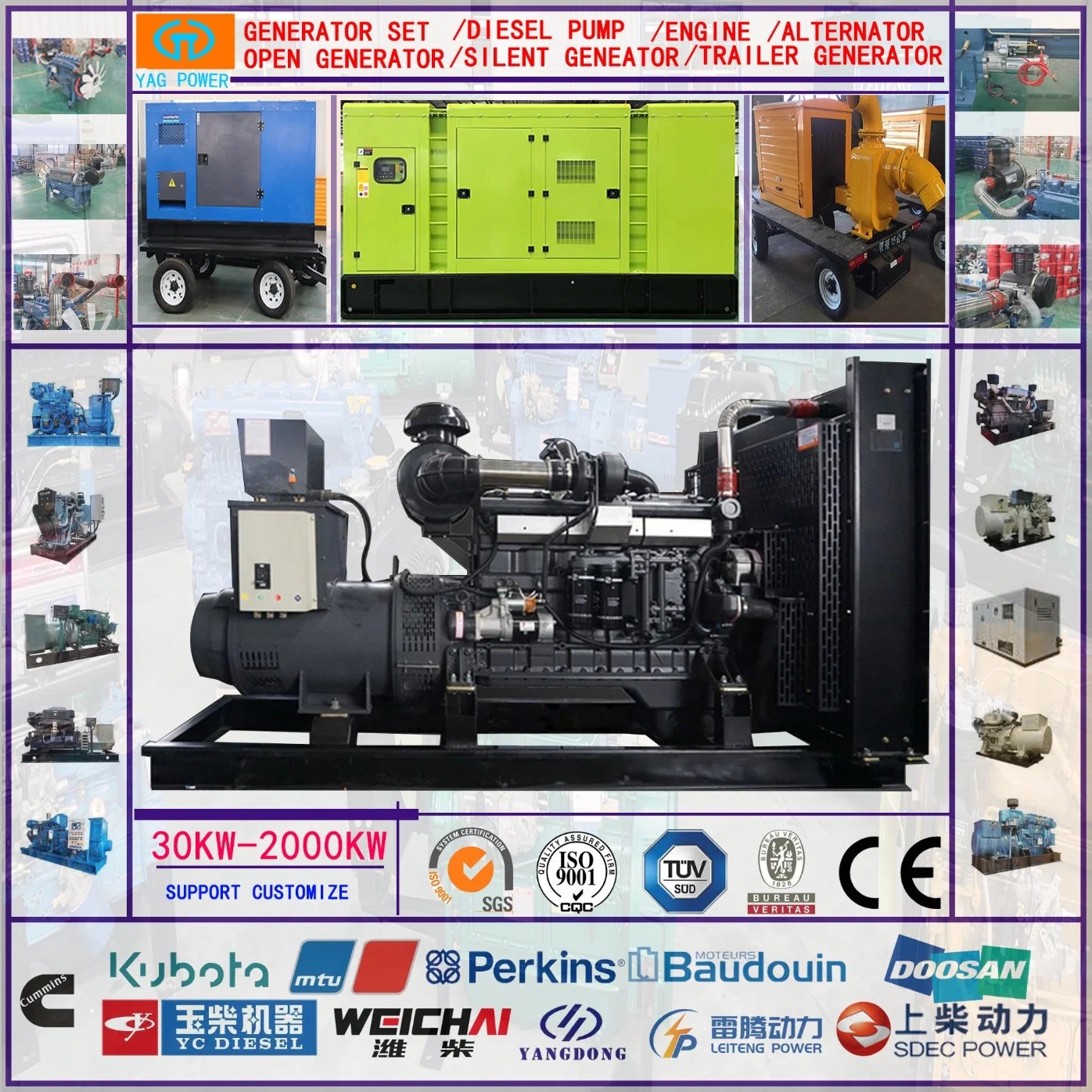Introduction
In today's industrial and commercial landscape, the need for reliable power generation solutions is paramount. Diesel generators have long been a popular choice for providing backup power in various applications due to their robustness, efficiency, and ability to deliver power quickly. However, when operating in corrosive atmospheres, diesel generators face unique challenges that can impact their performance and longevity. This article explores the considerations and solutions for using diesel generators in corrosive environments, highlighting the importance of proper maintenance and protection measures to ensure uninterrupted power supply.
Understanding Corrosive Atmospheres
Corrosive atmospheres are environments where the presence of corrosive agents such as moisture, salt, chemicals, or pollutants can accelerate the degradation of materials and components. In industrial settings such as chemical plants, refineries, coastal areas, and marine vessels, diesel generators are often exposed to these corrosive elements, leading to premature wear and potential failure if not adequately protected.
Common Corrosive Agents
1. Moisture: High humidity levels and exposure to water can lead to rust and corrosion on metal surfaces, electrical components, and wiring within a diesel generator.
2. Salt: In coastal areas or marine environments, saltwater spray can cause rapid corrosion of metal parts, leading to electrical and mechanical failures.
3. Chemicals: Industrial facilities with chemical processes may release corrosive gases or liquids into the atmosphere, posing a threat to the generator components.
4. Pollutants: Airborne pollutants such as sulfur dioxide, nitrogen oxides, and particulate matter can react with metal surfaces and accelerate corrosion.
Impact on Diesel Generators
Corrosion can affect various components of a diesel generator, including:
1. Engine: Corrosion on the engine block, cylinder liners, valves, and fuel system components can lead to reduced efficiency, increased wear, and eventual engine failure.
2. Electrical System: Moisture ingress can cause electrical connections to corrode, leading to short circuits, voltage fluctuations, and operational issues.
3. Cooling System: Corrosion in the radiator, heat exchanger, and coolant lines can result in overheating, reduced cooling efficiency, and potential coolant leaks.
4. Enclosure: Corrosion of the generator enclosure can compromise its structural integrity, leading to water ingress, pest infestation, and reduced protection for internal components.
Mitigating Corrosion Risks
To ensure the reliable operation of diesel generators in corrosive atmospheres, several mitigation strategies can be employed:
1. Material Selection: Using corrosion-resistant materials such as stainless steel, aluminum, and epoxy-coated components can prolong the lifespan of critical parts exposed to corrosive agents.
2. Protective Coatings: Applying protective coatings, sealants, and paints to exposed surfaces can create a barrier against moisture, salt, and chemical exposure.
3. Enclosure Design: Utilizing weatherproof and corrosion-resistant enclosures with proper ventilation and drainage can safeguard the generator from external elements.

4. Regular Maintenance: Implementing a comprehensive maintenance schedule that includes cleaning, inspection, lubrication, and corrosion monitoring can help detect and address issues early.
5. Environmental Monitoring: Installing sensors and monitoring systems to track temperature, humidity, and corrosive gas levels can provide real-time data for proactive maintenance.
6. Air Filtration: Using high-efficiency air filters and intake systems can prevent airborne contaminants from entering the generator and causing internal corrosion.
Case Studies and Best Practices
Several industries have successfully implemented diesel generators in corrosive environments by adopting best practices and innovative solutions:
1. Offshore Oil and Gas Platforms: Diesel generators on offshore platforms are exposed to saltwater spray and harsh weather conditions. To combat corrosion, operators use marine-grade coatings, sacrificial anodes, and regular inspections to maintain generator integrity.
2. Chemical Processing Plants: Generators in chemical plants are at risk of exposure to corrosive chemicals and gases. To protect https://www.lkpowerplant.com/400kw/ , operators install acid-resistant materials, corrosion inhibitors, and gas detection systems to mitigate risks.
3. Coastal Power Plants: Power generation facilities located in coastal areas face challenges from saltwater corrosion. By incorporating stainless steel components, protective coatings, and elevated platforms for generators, operators can ensure long-term reliability.
Conclusion
Diesel generators play a critical role in providing backup power in corrosive atmospheres, but their performance and longevity can be compromised without proper protection and maintenance measures. By understanding the impact of corrosive agents, implementing mitigation strategies, and learning from industry best practices, operators can ensure the reliable operation of diesel generators in challenging environments. Through a proactive approach to corrosion prevention and regular maintenance, businesses can safeguard their power supply infrastructure and minimize downtime in the face of corrosive threats.
